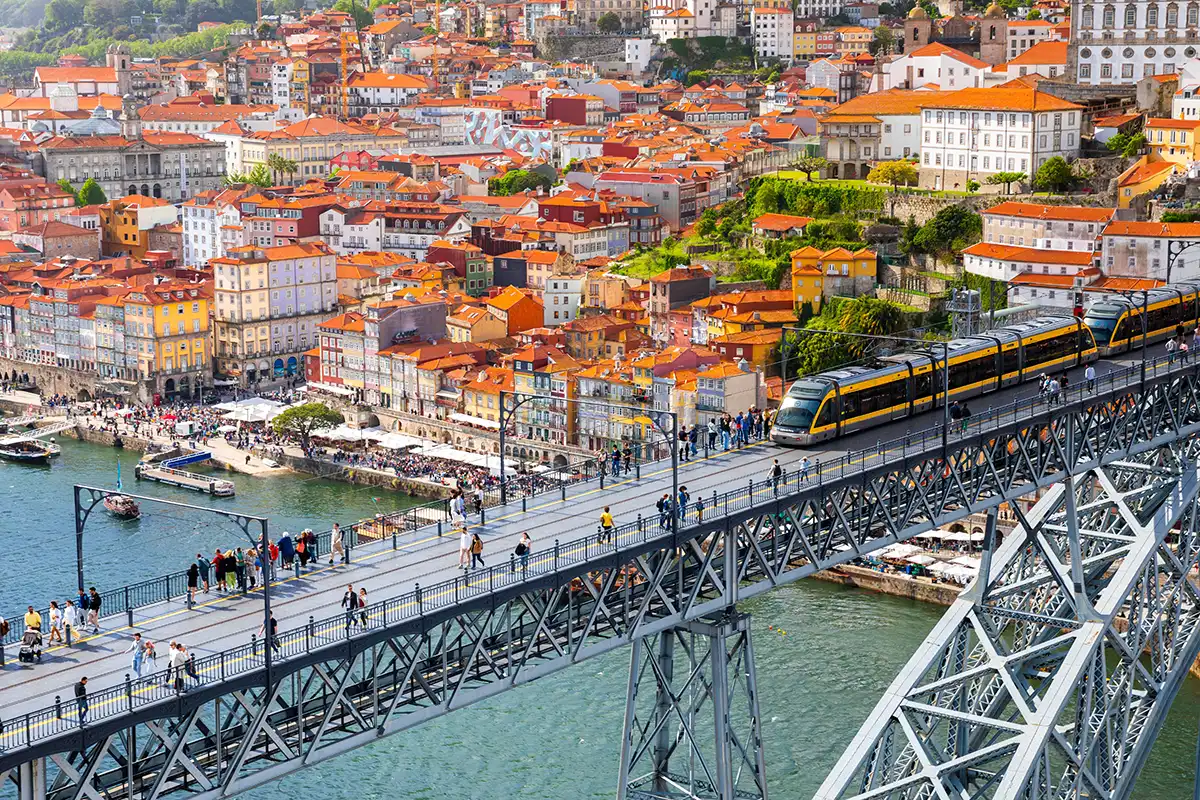Portuguese Government Considers Return of Tax Incentives for Non-Habitual Residents

The Portuguese government, represented by Prime Minister Luís Montenegro, has recently highlighted potential drawbacks associated with discontinuing the Real Estate option in the Golden Visa, and the tax benefits for Non-Habitual Resident (NHR) programmes, as implemented by the previous government. Part of the Mais Habitação bill, which addresses the housing crisis in big cities such as Lisbon and Porto, the government led by former Prime Minister António Costa considered these programmes responsible for the increase in property values. As the nation grapples with the economic implications of these decisions, there is growing momentum towards reinstating the NHR programme in 2024, a move seen as essential for maintaining Portugal's appeal to foreign investors and expats.
Portuguese Government Wants to Reintroduce Tax Incentives for Non-Habitual Residents
The Portuguese NHR programme, initially introduced in 2009, 3 years before the Golden Visa, was designed to attract highly skilled professionals, entrepreneurs, and pensioners by offering substantial tax benefits. This initiative has been important in bolstering the Portuguese economy, drawing many affluent individuals and fostering an environment conducive to foreign investment. However, the recent termination of the programme has sparked considerable debate within governmental and business circles.
On 4th of July, during an interview with the British newspaper Financial Times, the Portuguese Minister of Finance, Joaquim Miranda Sarmento, highlighted the possibility of reintroduction of the NHR. According to the Portuguese Minister, the programme will differ from the previous one, but it will be designed to address the same problem, the return of a highly skilled workforce - active Manager, Architect, Engineer, Medical Doctor, Dentist or have another high-value profession.
According to the publication, the intent is to reinstate the NHR regime, but only for “salaries and professional income.”. The Minister phrased that “it will exclude dividends, capital gains, and pensions, which was an issue between Portugal and countries like Finland or Sweden”.
Understanding the Non-Habitual Resident Programme
The Non-Habitual Resident (NHR) programme was established to provide favourable tax conditions for new residents who had not been tax residents in Portugal in any of the preceding 5 years. Until its termination, the NHR tax benefits fixed in 20% the taxation for residents during a period of 10 consecutive years. A common mistake is to assume that the NHR is intended only for foreigners. In fact, the tax benefit has been responsible for bringing back many Portuguese citizens who initially emigrated to other countries and had been out of Portugal for more than 5 years.
This trend of Portuguese citizen's emigration to other European countries was highlighted in several studies during the second decade of this century, including a study made by the Statistic Portugal (INE). The study explains that in 2014, it was estimated that around 1.7 million people with a Portuguese emigrant background resided in European countries. Of these, 907.1 thousand (52.8%) were first-generation emigrants, and 812.2 thousand (47.2%) were descendants of emigrants, commonly referred to as second-generation emigrants. The NHR tax benefit was designed originally to bring those Portuguese back to the country, in an effort to avoid the decrease of the productive population.
Through the NRH, participants could benefit from a flat income tax rate of 20% on certain Portuguese-source incomes, such as employment and self-employment income, and enjoy exemptions on most foreign-source incomes, including pensions, dividends, royalties, and interest. This programme made Portugal an attractive destination for those seeking a tax-efficient relocation.
The decision to phase out the NHR programme stemmed from mounting criticism regarding perceived inequalities and potential distortions in the housing market. The previous Socialist government argued that the influx of wealthy foreigners drove up property prices, making housing less affordable for locals - an accusation that was never fully proved. Additionally, there were concerns about the long-term sustainability of offering such generous tax breaks.
Despite these criticisms, the programme's termination has not been without its consequences. The reduction in new foreign investments and a dip in the high-net-worth individual inflow have highlighted the significant economic role the NHR played. This realisation has prompted the current administration to reconsider its stance.

Potential Benefits of Reinstatement of the NHR
Should the NHR programme be reinstated in 2024, it is expected to reinvigorate foreign interest in Portugal, providing a fresh impetus for economic growth. Prospective participants could once again enjoy the advantages of favourable tax treatments, enhancing Portugal’s appeal as a prime destination for retirees and skilled professionals.
Moreover, a revamped NHR programme could be designed to address previous criticisms. By implementing stricter regulations and targeted benefits, the government can ensure a more balanced approach that fosters both economic development and social equity.
As discussions about the reintroduction of the NHR programme gain traction, the Portuguese government faces a crucial decision. Balancing the need for economic incentives with social equity considerations will be key to the successful revival of this programme. Stakeholders across the board are watching closely, anticipating the potential resurgence of a programme that has, in the past, significantly contributed to Portugal’s dynamic economy.
